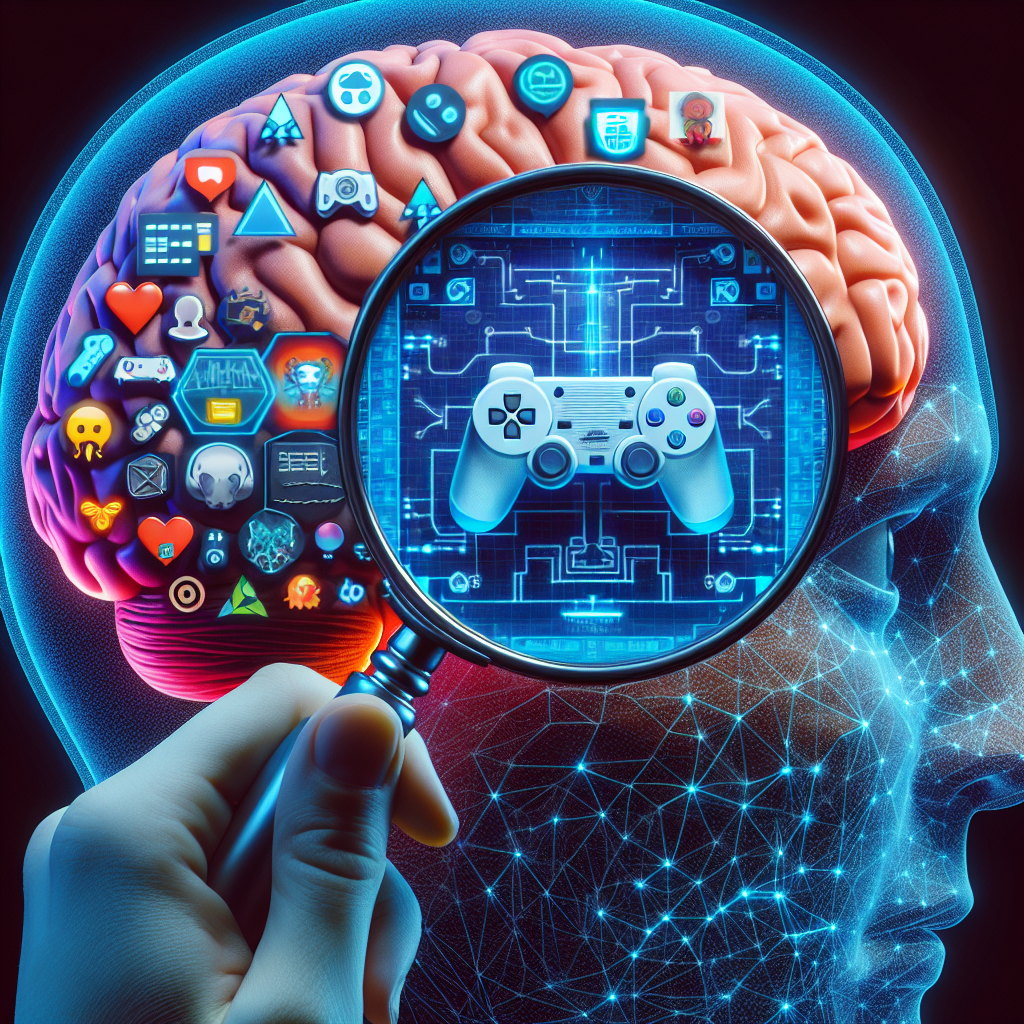Exploring the Psychology of Gaming Addiction
Gaming addiction is a controversial and complex issue that has been the subject of much debate in recent years. With the rise of online gaming and the increasing popularity of video games, more and more people are finding themselves struggling with compulsive gaming behaviors that can have a negative impact on their lives.
So, what exactly is gaming addiction, and why do some people become so consumed by their gaming habits? To understand this phenomenon, it is important to explore the psychology behind gaming addiction.
One of the key factors that contributes to gaming addiction is the way in which video games are designed to be highly engaging and immersive. Game designers use a variety of techniques to keep players hooked, such as rewarding them with points, levels, and achievements for completing tasks, and creating a sense of progression and accomplishment. This can lead to a feeling of satisfaction and fulfillment that can be highly addictive.
Another factor that can contribute to gaming addiction is the social aspect of gaming. Many online games allow players to interact with one another, forming virtual communities and friendships. For some people, gaming can become a way to escape from real-life problems and connect with others in a way that they may struggle to do in their everyday lives.
Additionally, gaming addiction can be fueled by underlying psychological issues, such as depression, anxiety, or low self-esteem. For some people, gaming can provide a temporary escape from these problems, allowing them to feel a sense of control and accomplishment that they may not experience in other areas of their lives.
It is also important to consider the role of personality factors in gaming addiction. Some people may be more predisposed to developing addictive behaviors due to factors such as impulsivity, sensation-seeking, or a lack of self-control. These individuals may be more likely to become addicted to gaming as a way to fulfill their need for excitement and stimulation.
While gaming addiction can have serious consequences for individuals and their relationships, it is important to remember that not everyone who plays video games will develop an addiction. For most people, gaming can be a fun and enjoyable pastime that can provide stress relief and entertainment.
If you or someone you know is struggling with gaming addiction, it is important to seek help from a mental health professional. Therapy, support groups, and other forms of treatment can be effective in addressing the underlying issues that contribute to addictive gaming behaviors.
In conclusion, gaming addiction is a complex issue that can be influenced by a variety of psychological, social, and environmental factors. By understanding the psychology behind gaming addiction, we can better recognize the warning signs and provide support for those who may be struggling with compulsive gaming behaviors.


